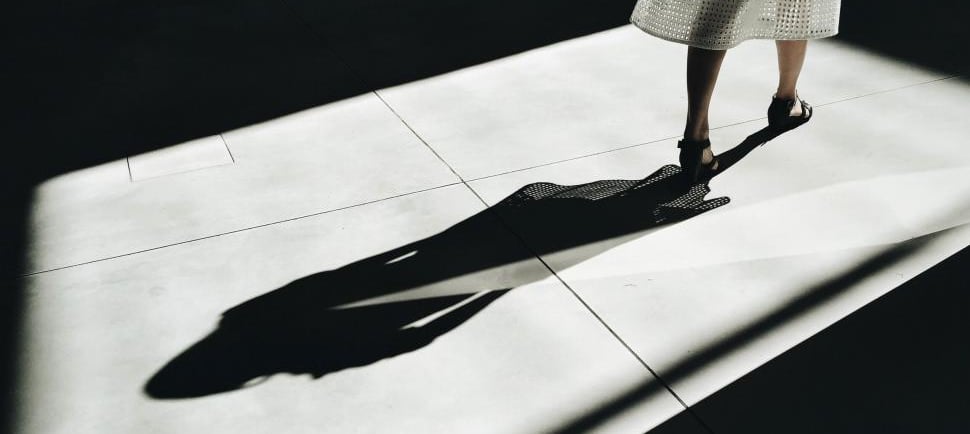The Weight of a Golden Cage
When privilege doesn't come with peace
Sneha Rege
6/7/20253 min read


The alarm goes off at 0445 am. Radha wishes she had more time to sleep. She snoozes the alarm and steals another 5 minutes to push the day a little further. The 5 minutes fly magically, and she wakes up much to her disappointment. A long day awaits her.
She's not your typical Indian woman. In case you're wondering if this is another story of a dutiful housewife. Radha is the Senior Vice President in a corporate bank. She has a yoga session at 0530 am. She meditates for another 15 minutes. She then engages in a little reading, also spending time learning to design. Her cook arrives at 0630 am, so she's not waking up early to whip up delicacies for her family. Her housework is mostly delegated, leaving her to focus on her well-being, career, and the kids’ homework. (There’s no delegation for that one yet, is there?)
She opens the french doors of her living room, pushing the pastel curtains aside, and lets the early morning gentle breeze come in. She steps out onto her balcony to soak in the pre-sunrise moment. Peace and quiet, her two best friends, greet her. Just then, her gaze falls upon a woman in a dull red saree starting a fire.
A local construction site directly opposite her apartment has spoiled the otherwise beautiful view they had for years. Now, a family of workers reside at the site while the house is being built. It's pitch dark outside. The woman lights the firewood and places water on the boil. She goes inside that one room where six more people are still sleeping and comes out with some clothes and soap.
Radha realizes the woman is preparing to bathe, and that thought gives her a shriek. It’s bitter cold and windy outside. There's no proper bathroom for the construction workers, just a piece of land covered with cement bags and a tin sheet on top. But it’s the only safe time to bathe with everyone sleeping. The woman in the red saree finishes her bath, offers a little prayer, and starts preparing food.
Radha thanks her stars for a better life. All of a sudden, her privileged problems feel trivial in the light of a bigger world. But a second thought crosses her mind. Are her problems not problems? Should she stop complaining about her life and always stay content, given that others have it tougher?
Compare your life with ten people in the room, and you'll find at least five, if not more, facing far more trials than you. Some have ailing parents, other have an abusive spouse. Some have trouble conceiving, while others struggle to parent three kids. Its endless.
So, what does this mean for Radha, and for all of us who find ourselves in similar shoes? Well, comparison can be a thief of perspective, but it certainly shouldn't be a thief of empathy – especially for ourselves. While it's crucial to acknowledge and appreciate our privileges, it's equally important to validate our own internal troubles.
Our struggles, big or small, are real to us. The silent battles with mental health, the daily grind of fulfilling responsibilities, the quiet disappointments – these are real experiences. Dismissing our own pain just because someone else's looks ‘worse’ only leads to internalized suffering and a sense of guilt that, ironically, can be just as cruel as the obvious hardships we see in the world. It doesn't help anyone to pretend our problems aren't problems.
Ultimately, true contentment doesn't come from ignoring our own problems, but from a place of self-compassion and acceptance, even as we attempt to practice gratitude. We can absolutely hold both truths, being acutely aware of the world's harsh realities and still allowing our problems have a voice of its own. Because no matter how privileged we are, the human experience is complex, and our personal journeys, with all their bumps and bruises, are undeniably our own.
sneharege.com
Helping writers and authors in their journey.
Helping professionals in building financial literacy and understanding the fundamentals and behavioural aspects of Retirement planning
for COLLABORATIONS AND consultations.
For more content
contact@sneharege.com
+917083952477
© 2025. All rights reserved.
